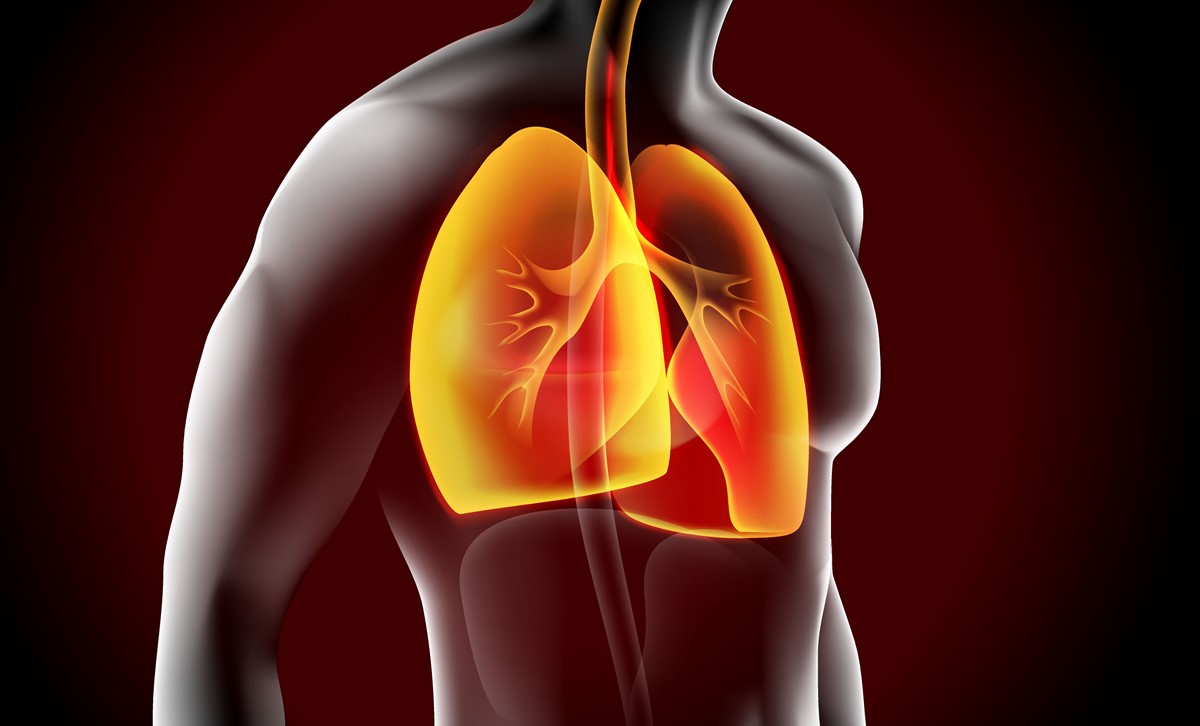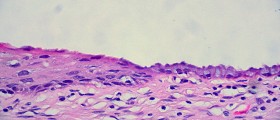The respiratory lining, right from your nose down to your lungs, is covered with mucus. The mucus performs a lot of protective functions in the body by trapping the micro-organisms and keeping the various structures lubricated. Usually this mucus is colorless and clear, however it changes color due to the presence of infection or other contaminants.
Some of the reasons behind the occurrence of black mucus are:
Dirt
If you are working in an environment that exposes you to a lot of dust or dirt, then you will often see some amount of black mucus. All these particles that you inhale will stick to the mucus and turn the color black.

Smoke
Another extremely common reason for the mucus turning black is smoking. Heavy smokers of both tobacco and marijuana inhale a lot of contaminants through the smoke that they breathe in. Aluminum, one of the common contaminants in marijuana is responsible for this change in color. The mucus can appear dark brown or even a jet black raising fear in patients that something more sinister lies underneath. People who have been exposed to a fire and have inhaled a lot of smoke may also notice that their mucus has become black.
Occupational Hazards
Workers who are required to spend large amounts of time in mines, laying roads or are exposed to beryllium are at risk of developing something that is called black lung disease. This is something that is easily preventable with the use of high quality and approved masks during working hours. If such a symptom is noted then it should be brought to the attention of the relevant authorities so that appropriate checks can be carried out.
Injury
Another reason for a change in color of mucus can be due to internal bleeding that occurs in the nasal cavity. It could be a minor scratch caused by your finger or a blow to the nose or even a heat stroke. The change in color will be short lived and not something that persists for a long time after the injury.
Infection
Certain fungal infections like apergillosis and mucormycosis can turn the mucus black. These are fungal infections that are opportunistic in nature and thus found in people who have a compromised immune system due to the presence of an underlying systemic disease.
If the problem persists even after taking all these precautions then a visit to your doctor to make sure everything is in order is the pertinent thing to do.
- Photo courtesy of SteadyHealth















